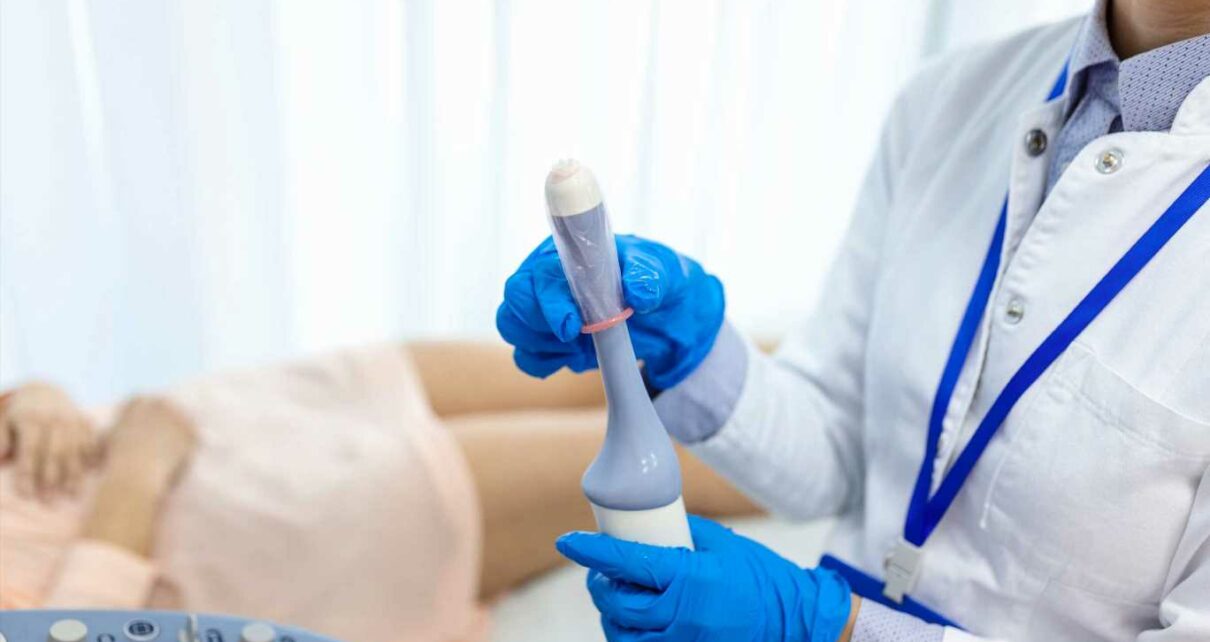FOUR in 10 women have had to visit a medical professional multiple times before receiving an appropriate diagnosis, according to research.
Of these, 16 per cent had to attend more than five appointments before their issue was accurately diagnosed.
Research of 5,022 women found it is most likely to happen to those aged 18-24, with 53 per cent of this age group experiencing this.
People from BAME communities are also disproportionately affected, with it happening to 51 per cent of Asian or Asian British women, 44 per cent of black or black British women, and 38 per cent of those who are white.
The study was commissioned by research agency OnePoll, whose spokesperson Becky Lackenby said: “Getting a medical appointment once is a challenge at the moment.
“Getting multiple, with potentially differing advice from each one, is not only frustrating but could have health implications.
Read More on Health

Worried about your hangover? If you spot these these symptoms call 999

I'm a doctor – here's the five ailments your GP never wants to hear about
“Our report found women in the UK are having a real battle when it comes to receiving appropriate healthcare.
“Women's health concerns such as menopause and endometriosis are often dismissed or misdiagnosed, leaving them to navigate a labyrinth of uncertainty.
“It's time we recognise that getting an accurate medical diagnosis should not be a battle but a right.
“In the pursuit of accurate diagnoses, women should not have to prove themselves.
Most read in Health

What your itch reveals about your health – from ancient Egyptian ills to cancer

Agony for Indi Gregory’s family as sick baby’s life support is turned off

11 gross but interesting facts about poo – and when you must see a doctor

I’m a doctor – here’s the five ailments your GP never wants to hear about
"Let's challenge the stereotypes and biases that hinder our healthcare.”
The research revealed that of those who have had to go through multiple visits to medical professionals before getting a correct diagnosis, 11 per cent waited more than three years to finally have the issue resolved.
On average, the longest they have had to wait is 10.8 months, but this increases to 16.8 months for unemployed respondents.
And decreases on average to 6.9 months for those from London.
The study also found 13 per cent, if presented with advice on a women’s health issue they were unsure of, or contrary to what they thought, would not question it.
Nearly half (48 per cent) of these simply trust in medical professionals’ expertise – which rises to 67 per cent of those over 65.
And 44 per cent would simply feel too awkward to say anything, with the same figure not wanting to ‘undermine’ a professional’s authority.
Nearly a third (32 per cent) wouldn’t feel very confident in asking for a second opinion on a medical issue, and 24 per cent would also have reservations about asking to be referred to a specialist.
Athena Lamnisos, CEO for The Eve Appeal, said: "At Eve, we hear from women every day who are worried about signs and symptoms that they’re experiencing and are struggling to get a diagnosis.
"Late diagnosis leads to anxiety at best, and a more difficult to treat diagnosis at worst.
“It’s a repeated story of multiple visits to the GP, often not feeling listened to.
Read More on The Sun

Gordon Ramsay becomes a dad for 6th time as wife Tana, 49, gives birth

Mum-to-be killed along with her baby in car crash on her way to give birth
"We know that it’s worse for many women who find it more difficult to access services that are tailored to their needs and who find it harder to advocate for themselves.
"When you get up the courage to see your doctor about a gynaecological symptom that’s been worrying you, but that you might feel very anxious or even embarrassed about and you don’t feel heard, two different harms happen: there’s the harm of feeling not listened to and then there’s sometimes the tragic harm of a delayed diagnosis.”
Source: Read Full Article





